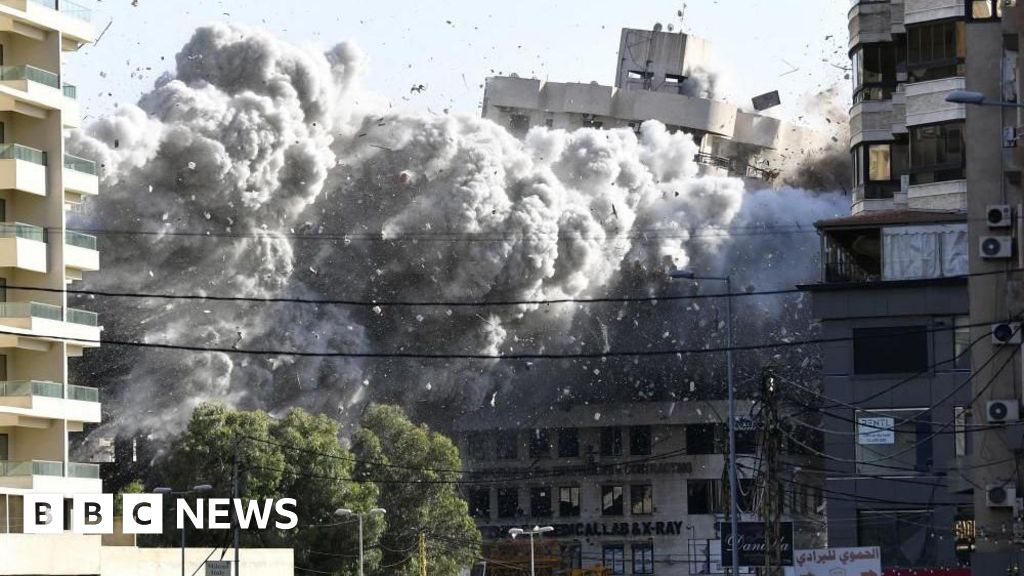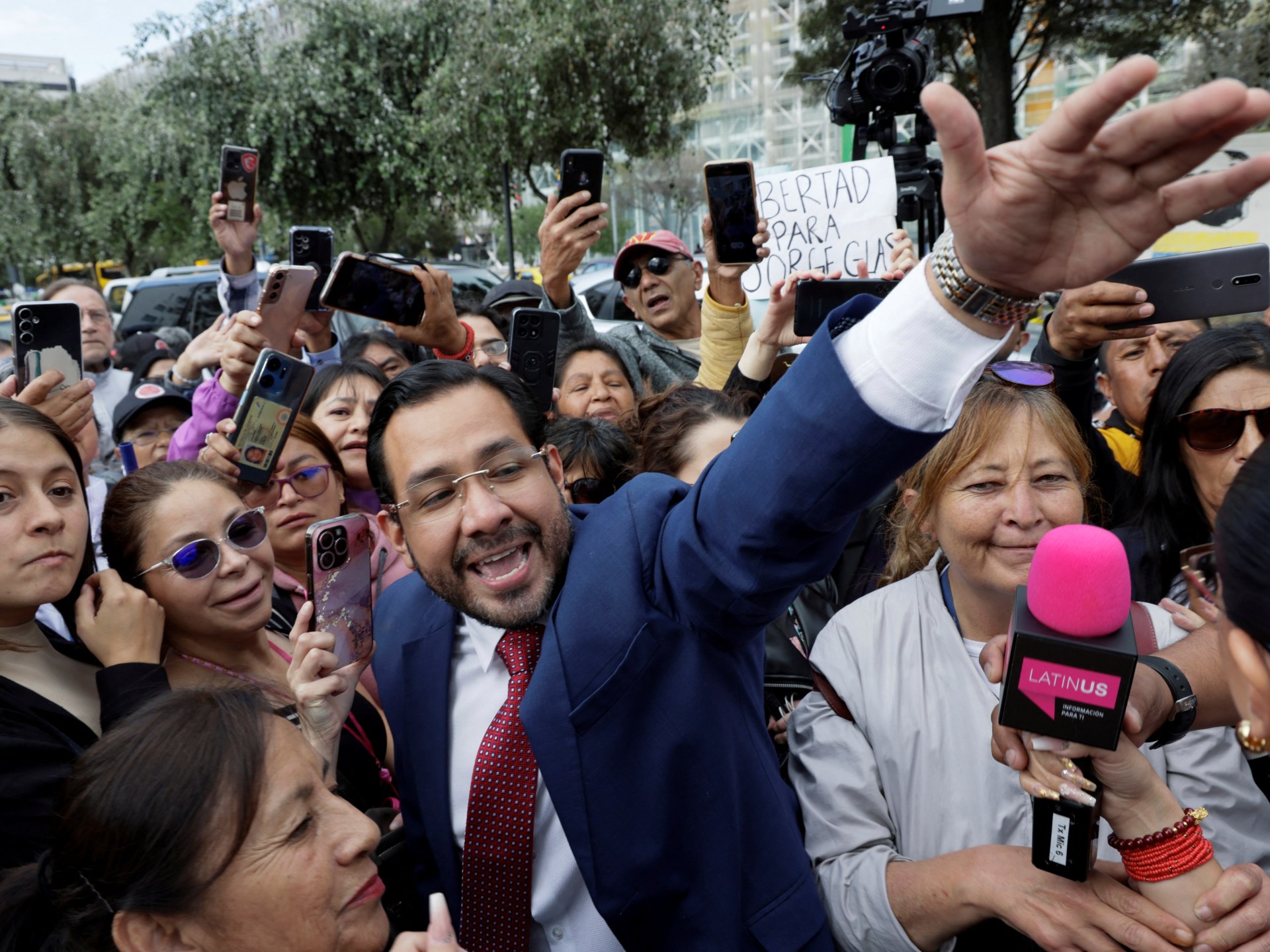At least one student killed during anti-quota protests in Bangladesh | Protests News
Demonstrators demand end to scheme that prioritises families of veterans of 1971 independence war.
A university student has been killed in Bangladesh, police said, as protests against a quota system for government jobs intensified.
On Tuesday, thousands of riot police were patrolling university campuses across the country in an effort to avert any violence. Police said they used tear gas and rubber bullets in Rangpur, in northwestern Bangladesh, to break up the demonstrations.
“We had to use rubber bullets and tear gas to disperse the unruly students who were hurling stones at us,” said Rangpur Metropolitan Police Commissioner Mohammad Moniruzzaman said.
“We heard a protesting student died after he was taken to hospital. It was not immediately clear how he died,” he added.
At Jahangir Nagar University in Savar, near the capital, Dhaka, students demanded an end to the quota reserved for family members of veterans who fought in Bangladesh’s 1971 war of independence, which allows them to take up 30 percent of government jobs.
Protesters gathered in front of the university’s official residence of the vice chancellor and accused the Bangladesh Chhatra League, a student wing of Prime Minister Sheikh Hasina’s governing Awami League party, of attacking their “peaceful protests”.
According to local media reports, police and the governing party-backed student wing attacked the protesters.
Tens of thousands of students took part in the nationwide protests after more than 100 people were injured on Monday. There were also clashes between protesters and students loyal to the Awami League in some areas, including in Dhaka, as students blocked major highways and rail links.
In Bangladesh, 56 percent of government jobs are reserved for various quotas. Women have 10 percent reservation, 10 percent is for people from underdeveloped districts, 5 percent for Indigenous communities and 1 percent for people with disabilities.
While job opportunities have increased in the country’s private sector, many find government jobs stable and lucrative. Nearly 400,000 graduates have about 3,000 job opportunities available every year.
However, the protesters argue that the appointment quotas are discriminatory and should be merit-based. Some even said the current system benefits groups supporting Hasina.
Hasina said on Tuesday that war veterans should receive the highest respect for their sacrifice in 1971 regardless of their current political ideologies.
“Abandoning the dream of their own life, leaving behind their families, parents and everything, they joined the war with whatever they had,” she said during an event at her office in Dhaka.
The prime minister also referred to those opposing the quota as “razakar”, a term used for those who allegedly collaborated with the Pakistani army during the 1971 war.
The quota was stopped following a court order after mass student protests in 2018. But last month, the High Court nulled the decision to reinstall the system, angering students and triggering new demonstrations.
Last week, the Supreme Court halted the High Court’s order for four weeks. The chief justice asked protesting students to return to classes, saying the court would issue a decision in four weeks.
Check out our Latest News and Follow us at Facebook
Original Source







